Introduction:
In the quest for sustainability, the construction industry is undergoing a transformative shift. Innovative materials like Basalt Fiber Reinforced Polymer (BFRP) are at the forefront of this revolution, offering a harmonious blend of durability, efficiency, and ecological responsibility. This blog explores the pivotal role of BFRP and similar sustainable construction materials in redefining our built environment.
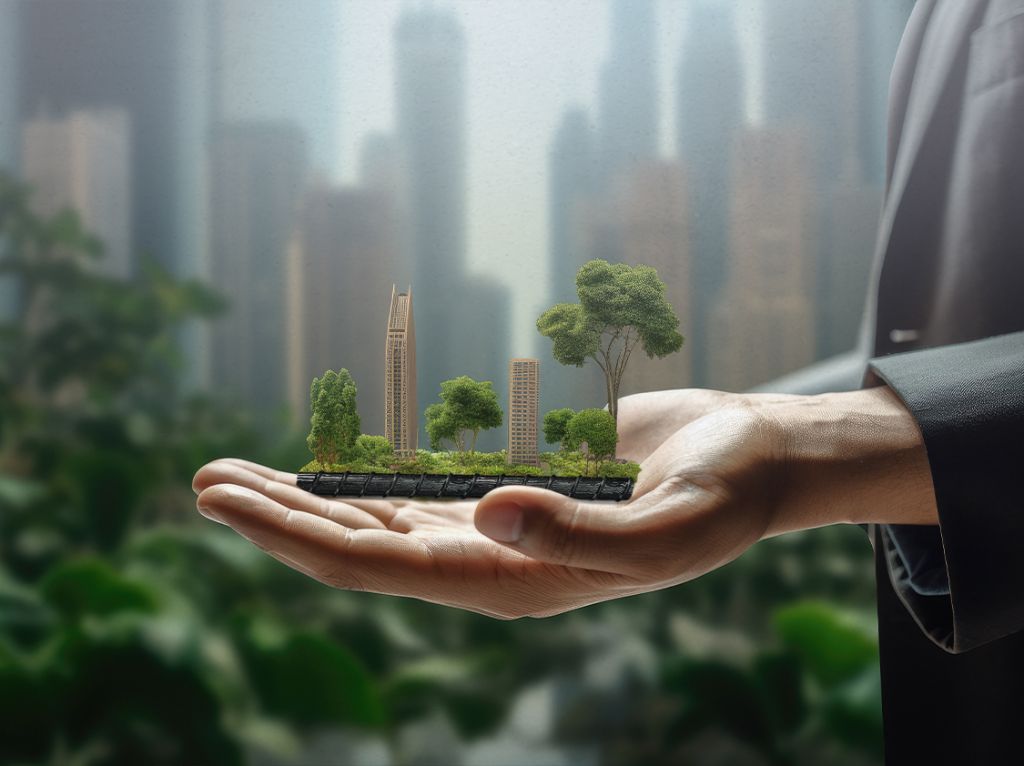
Understanding the Critical Need for Corrosion-Resistant Materials
Sustainable construction materials are distinguished by their minimal environmental impact, enhanced energy efficiency, and superior recyclability. Among these, BFRP stands out for its robustness, derived from basalt rock — a naturally abundant and readily available material. Its adoption represents a significant step toward reducing the ecological footprint of construction projects while ensuring architectural integrity.
The Benefits of BFRP in Sustainable Construction:
- Durability and Strength: BFRP’s tensile strength surpasses that of traditional steel, making it a formidable choice for structural applications.
- Corrosion Resistance: Unlike metal reinforcements, BFRP is impervious to the corrosive effects of water and chemicals, extending the life span of structures.
- Thermal Efficiency: BFRP’s thermal properties significantly reduce heat transfer, contributing to energy-efficient building designs.
- Environmental Impact: From production to deployment, BFRP exhibits a lower carbon footprint compared to conventional materials, supporting the green building movement.
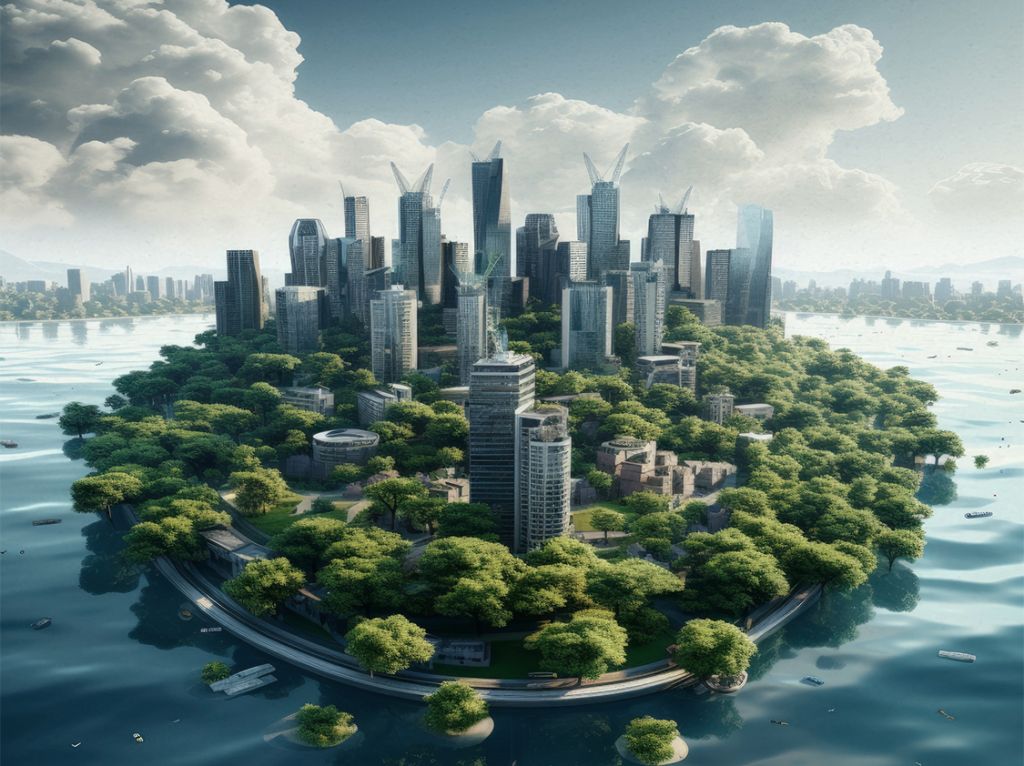
How BFRP Contributes to Green Building Practices:
Incorporating BFRP into construction projects aligns with global sustainability goals, such as those outlined in LEED certification criteria. Its use facilitates the creation of buildings that are not only energy-efficient but also contribute positively to the surrounding environment.
Fact: BFRP Rebar has a drastically reduced impact on the environment (10:1) when compared with fiberglass products. This makes it a more sustainable choice for a variety of applications. As well, Basalt fiber is more environmentally friendly when compared to steel production. BFRP Rebar production reduces carbon dioxide emissions by 5.24 tons of coal equivalent per ton. Furthermore, rebar made from Basalt Fiber Reinforced Polymer (BFRP) has less than 74% of the carbon footprint of steel.
Real-World Applications of Sustainable Construction Materials:
BFRP’s versatility shines in various settings, from residential homes to infrastructural marvels. Its application in bridges, for instance, demonstrates not only a commitment to durability but also an investment in future-proofing public assets against environmental degradation.
Navigating the Challenges of Adopting Sustainable Materials:
Despite its advantages, the widespread adoption of BFRP faces challenges, including higher initial costs and a learning curve for builders accustomed to traditional materials. However, the long-term savings in maintenance and the positive environmental impact present a compelling case for its use.
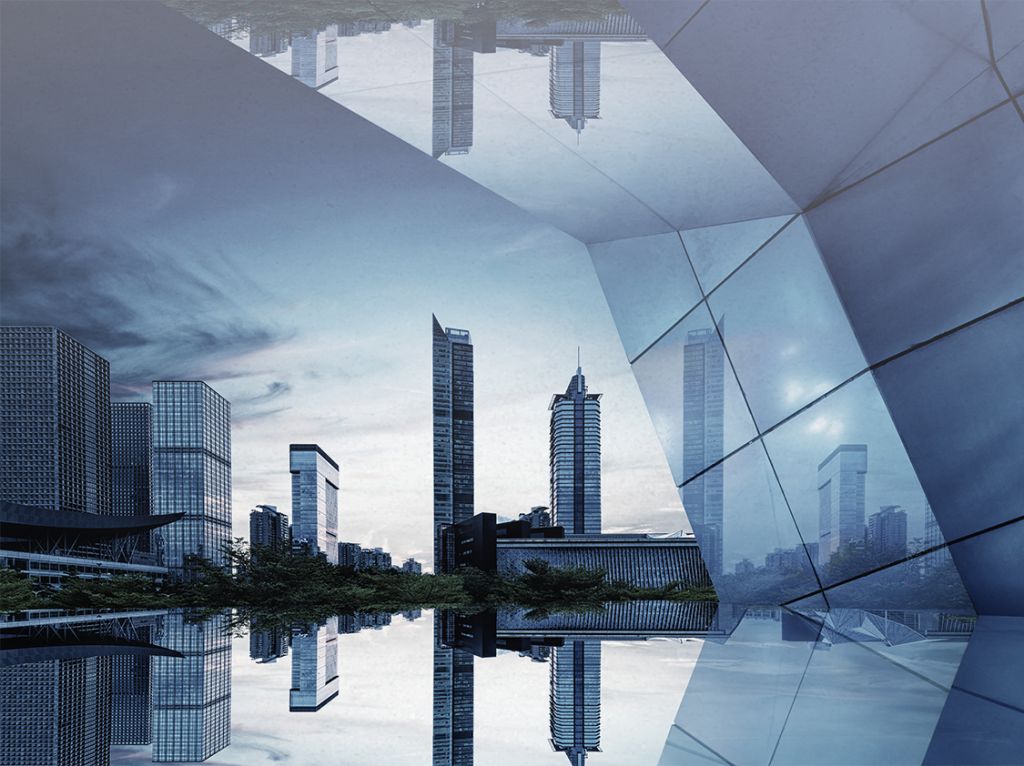
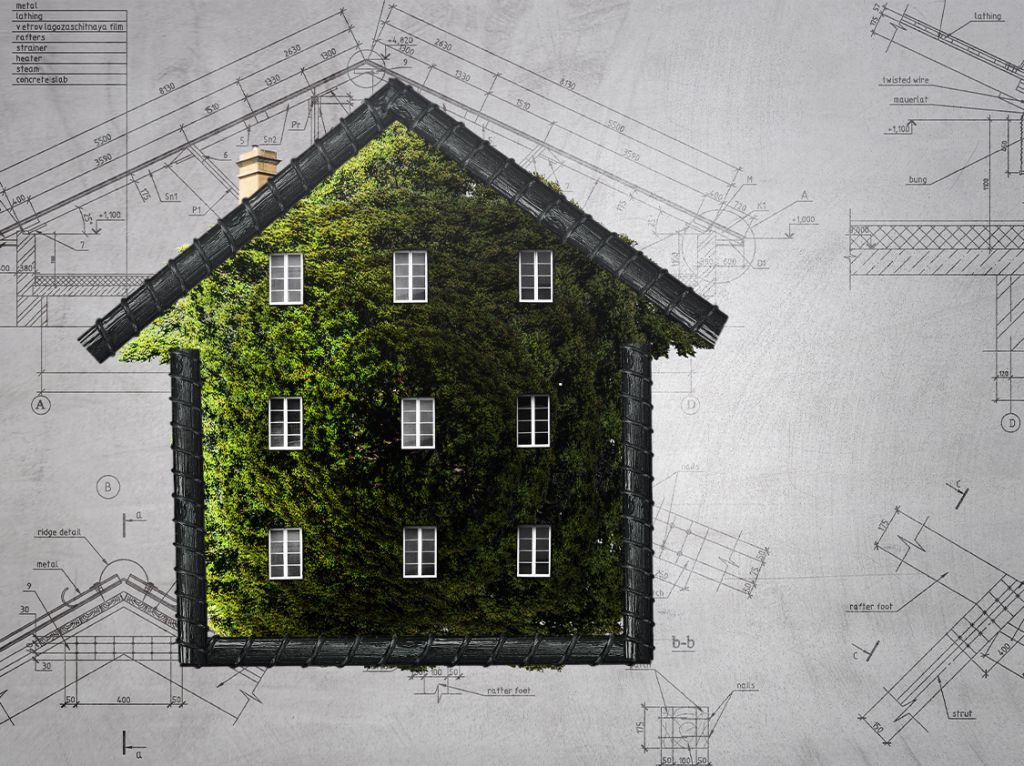
The Future of Construction: Innovations on the Horizon:
As we look ahead, the development of BFRP and other sustainable materials is poised to accelerate, driven by technological advancements and increasing environmental awareness. These innovations promise to further enhance the efficiency, resilience, and sustainability of our buildings.
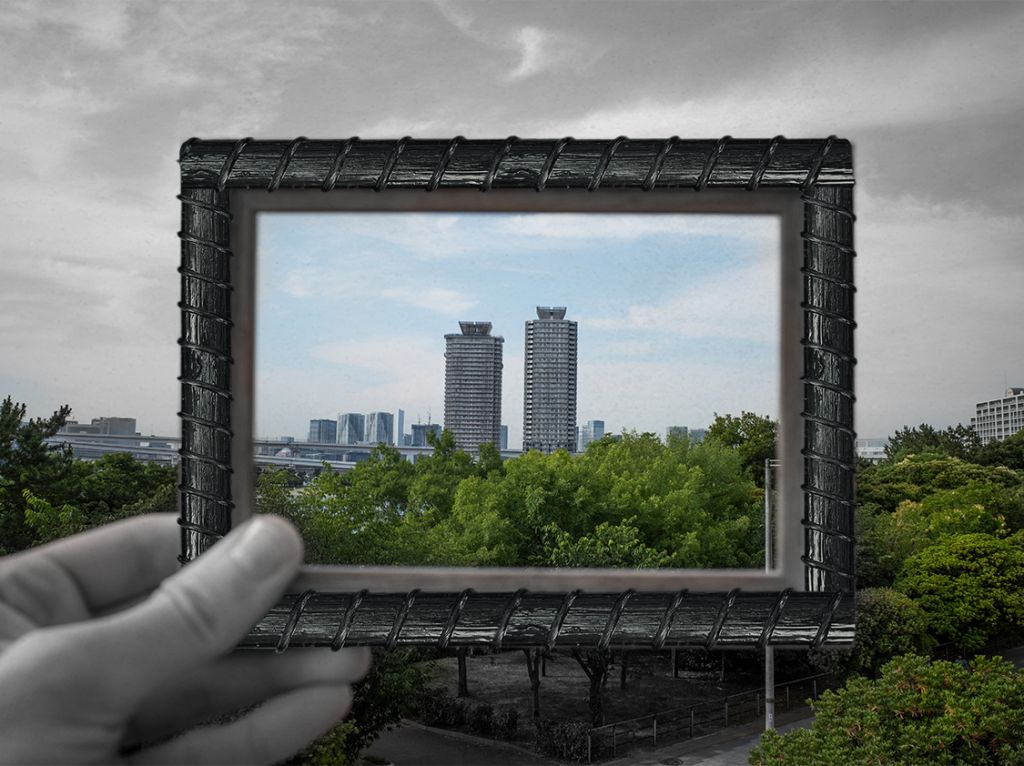
Conclusion:
The integration of BFRP and similar sustainable construction materials into construction practices is more than a trend; it’s a fundamental shift towards sustainability in the built environment. By choosing these innovative solutions, we contribute to a legacy of durable, efficient, and environmentally responsible structures. Join us in embracing the future of construction, where sustainability and innovation go hand in hand.
Arab Basalt Fiber Company
Arab Basalt Fiber Company remains at the forefront of innovative construction solutions, with our focus squarely on durable fiber materials like BFRP. We are committed to providing materials that are not just durable but also eco-friendly and cost-effective. By embracing durable fiber materials, we are paving the way for a more resilient, sustainable, and safe construction industry, today and in the future.